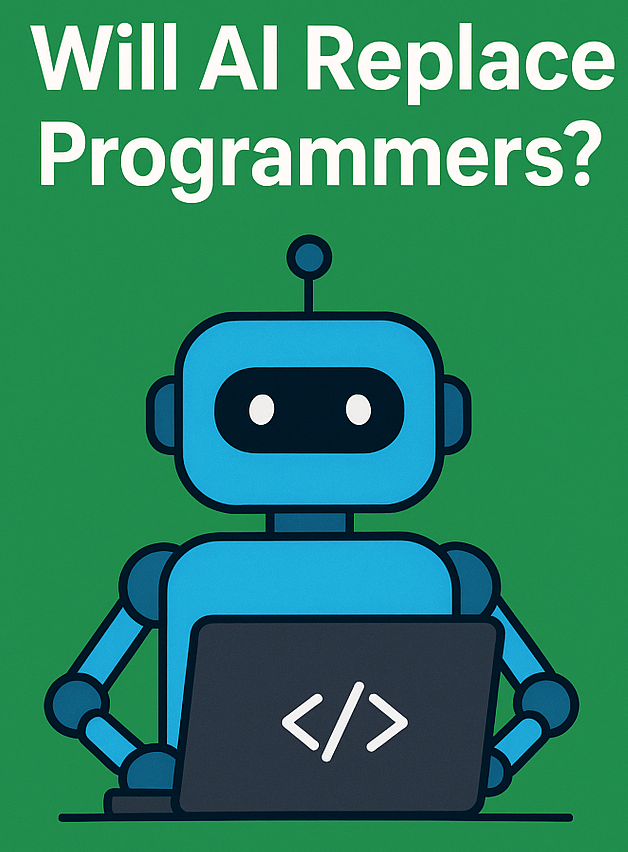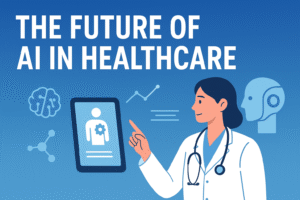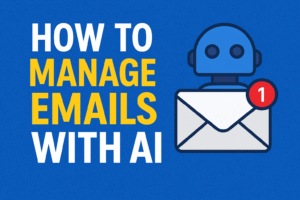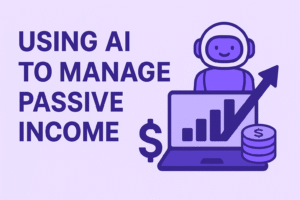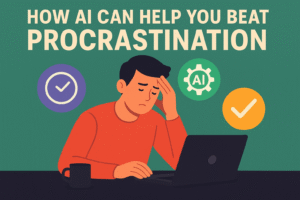Every time a new AI coding tool comes out, the internet explodes with the same question: “Will programmers lose their jobs?” It is a fair question. Tools like ChatGPT, GitHub Copilot, and Codeium can now write working code in seconds. If a machine can do that, then what happens to the millions of people who spent years learning to code?
Here is the truth. AI is changing programming, but it is not the end of programmers. It is the end of programming the way we used to know it.
What AI Can Do Really Well
AI coding tools are like having a super-fast intern. They can write boilerplate code, suggest fixes, and generate entire functions based on a description. This makes repetitive work way faster.
For example, when I was building a simple Python project, ChatGPT wrote the starting structure for me. It handled all the boring setup that usually takes hours. Instead of worrying about syntax, I could focus on the logic of what I wanted the program to do.
Where AI Still Struggles
Even though AI feels smart, it is not perfect. It does not truly “understand” your project. It predicts what code should look like based on patterns, which means it can make mistakes, sometimes subtle ones that break your program later.
I once asked Copilot to generate a sorting algorithm, and while it worked for small inputs, it completely broke when I tested it with larger datasets. A human developer has the intuition to catch issues like performance bottlenecks. AI does not.
AI also cannot replace creativity. Building software is not just about typing lines of code. It is about solving problems, designing user experiences, and making trade-offs that require human judgment.
Programmers Will Not Disappear, But Their Role Will Change
Instead of thinking of AI as a replacement, think of it as an upgrade. Programmers will spend less time writing repetitive code and more time acting as problem solvers, system designers, and quality checkers.
The best way I can describe it is like the shift from calculators in math class. Did calculators replace mathematicians? No. They made math faster, and they forced people to move toward higher-level problem solving. AI is doing the same for coding.
The Rise of AI-Assisted Development
In 2025, most professional programmers are already using AI daily. GitHub Copilot has become almost standard in many companies, helping speed up development by suggesting code snippets.
Tools like ChatGPT go even further, letting developers ask natural language questions and get working code examples. Instead of searching Stack Overflow for hours, you get instant answers.
The most exciting part is how AI is making coding more accessible. People who never considered themselves “technical” can now build websites, apps, or automations just by describing what they want. This opens up programming to beginners who used to be intimidated.
Should You Still Learn to Code?
Absolutely. If anything, coding has become more important. The difference is that beginners can now learn faster. Instead of being stuck for days on one bug, you can ask AI for help.
I recently tested building a small web app using only AI support. I did not know all the syntax, but I learned as I went because the AI explained things step by step. It felt like learning with a tutor who never gets tired of repeating themselves.
The key is to treat AI as a partner, not a crutch. If you rely on it too much, you will not build the problem-solving skills that separate great programmers from average ones.
The Future of Programming
So will AI replace programmers? The short answer is no. But bad programmers might get replaced. If your only skill is copying and pasting code, AI can already do that better than you.
The programmers who thrive will be the ones who know how to think, design, and guide AI tools. The future of coding is not about memorizing syntax. It is about asking the right questions, checking AI’s output, and shaping software with human creativity.
AI is not the end of programming. It is the beginning of programming 2.0.
